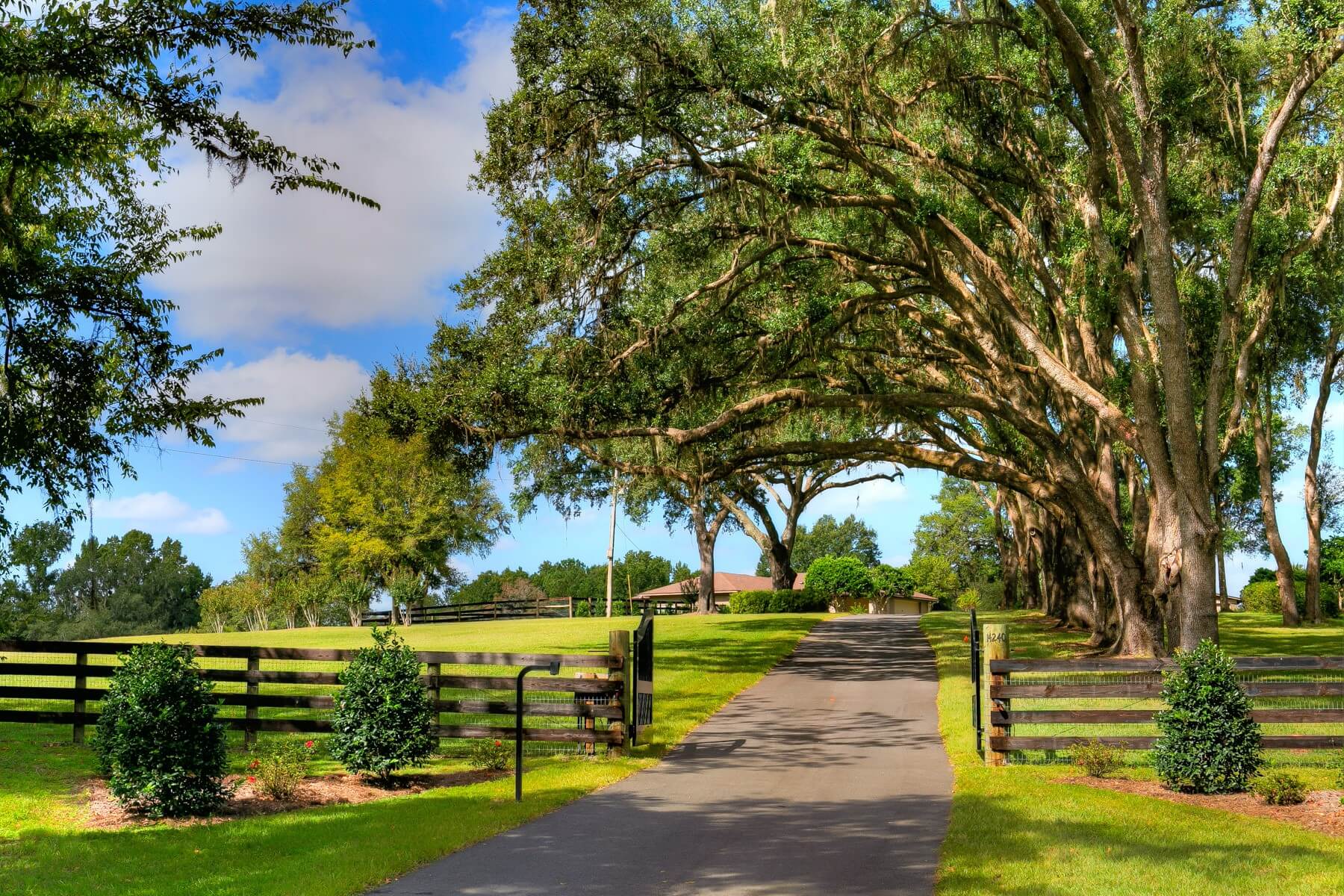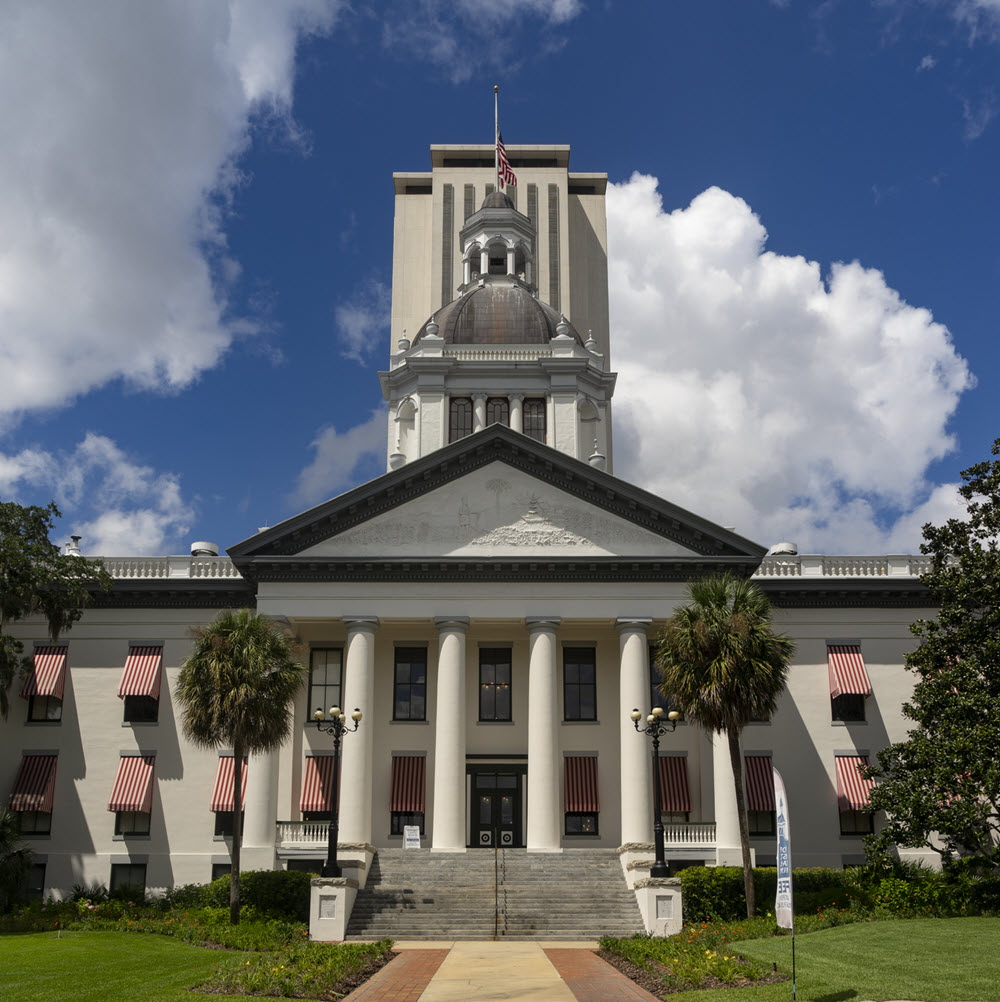I. Introduction
On May 7, 2024, the U.S. Federal Trade Commission (“FTC”) published its final rule declaring all existing non-compete agreements unfair competition and making them unenforceable, with very limited express exceptions. The rule becomes effective on September 4, 2024. The team at Zinzow Law joins the chorus of voices decrying this as yet another substantial overreach by what should be the limited government our Founding Fathers designed for us. If you believe in Liberty and in exercising freedom in the pursuit of your American Dream, then this article is a must read. While the FTC’s rule is being challenged in litigation throughout this country, this article summarizes immediate action you can take to achieve your objectives in defiance of the government’s latest edict.
II. What the Rule Does & What it is Really After
The rule and its purported justification, full of statistics and summarized testimony of the “experts,” runs a full 570 pages. Woven into the fabric of all those pages is what the FTC is really after: forced wage increases and guaranteed employment contracts which prohibit termination at will, and which make it difficult and expensive to terminate even for cause. Responding to those who opposed the rule’s adoption, the FTC exclaimed that employers have better tools at their disposal than non-competes; employers can simply: (1) provide a better work environment, (2) pay higher compensation to prevent employees from leaving, and (3) provide guaranteed contracts with guaranteed employment duration. The FTC calculates that as a result of this new rule, the FTC will force employers to do one or all of these three things, thereby increasing employee wages nationally by $58,291,058,349. (Rule, App. Table A.1). For those not minding all those commas, that is over $58 billion!
With the FTC’s true purpose in mind, the rule makes sense. It prohibits employers from entering into, or attempting to enter into, non-compete clauses with workers who are not senior executives, whether classified as employees or independent contractors, and whether the worker was employed through a PEO or directly by the employer. It also declares existing non-compete clauses with these workers illegal and unenforceable unless the worker has violated the clause before the rule’s effective date. It also requires employers to send written notice to both current and former employees notifying them of the rule, and stating that the clause is now unlawful, and that the employer will not enforce it. This notice must be sent by the effective date. You can thank the FTC for making it easy for you to do this, because the FTC has created model language (though you are not required to use it) which also tells the worker that “you may seek or accept a job with any company or any person-even if they compete with employer” and “you may complete with employer following your employment with employer.” The FTC has also done us all the favor of translating this model language into Spanish, Chinese, Arabic, Vietnamese, Tagalog, and Korean.
So-called senior executives are given different treatment under the rule, but do not breathe a sigh of relief just yet. The definition of senior executive is, well, not representative of what most employers consider a senior executive to be. Additionally, even when dealing with a senior executive, the rule differs from how other workers are treated in only two ways: (1) existing non-competes remain enforceable into the future, though employers are still prohibited from entering into new non-compete clauses with senior executives after the effective date; and (2) employers are not required to send the love letter welcoming competition. For a worker to qualify as a senior executive, the worker must: (1) be the employer’s president, CEO, or equivalent, (2) have policy making authority without having to consult anyone else, and (3) receive total annual compensation of at least $151,164 excluding fringe benefits. If the employer is one of a conglomerate of companies as is the case with many in this industry, the worker must have decision-making authority over the entire conglomerate, or they are not considered a senior executive.
III. How You Can Navigate Around the Rule’s Overreach
For those keen and decisive enough to implement certain strategies, the rule’s apparent impact can often be avoided or substantially minimized. While at first blush an employer’s preference for a non-compete is to prevent a worker from competing, this is typically not the problem employers are actually trying to prevent. As deeply patriotic Americans, those of us who build America believe in the free market. We believe that competition makes us better and betters the world around us. What we are truly trying to prevent, is investing time and coin into building a brand, building client relationships, and building a skilled worker with proprietary information, only to have that worker harm the brand, steal the clients, and use the proprietary information elsewhere. These concerns are legitimate, and employers can still prevent workers from engaging in these improprieties if employers deploy the right strategies.
While this primer cannot cover all of these strategies, or even cover select strategies in depth each merit, we will highlight some to begin the dialogue we urge you to have with the right legal professional. First, the rule does not prohibit employers, now or in the future, from making workers sign a non-compete clause which prohibits competition while the worker is employed by the employer. (Rule, p. 66-67). In other words, you can prohibit concurrent employment. This type of narrowly drawn clause allows you to target the most common fact pattern: a worker who has started creating a competing business while employed by you, or a worker who has started sharing information with a competitor during a courtship period while that worker is still employed by you. Second, employers can draft highly specific confidentiality or non-disclosure clauses which prevent the worker from sharing proprietary information, but these clauses cannot be so overbroad that they are the effective equivalent of a non-compete. (Rule, p. 68). These clauses must be carefully designed and written to survive scrutiny. Third, employers may be able to craft a special clause which imposes a cooling off period which does not prohibit, penalize, or function to prevent a worker from switching jobs or starting a new business altogether. (Rule, p. 49). Fourth, employers may impose a training-repayment agreement, also known as a TRAP, which requires the worker to reimburse the employer for training costs if the worker leaves the company before a certain date. The sum must bear a reasonable relationship to the costs the employer incurred (Rule, p. 68). Many employers can compute and document a substantial cost of training; substantial enough that a worker would likely be dissuaded from leaving. Fifth, employers may implement strategic and precisely targeted clauses which prohibit workers from soliciting employers’ other workers, and perhaps even employer’s clients as long as the provisions are not overbroad. (Rule, p. 77). Sixth, employers can impose a clause which requires a worker to repay bonuses received if the worker leaves employment before a certain date. (Rule, p. 82).
Each of these, and other strategies, require immediate action to implement. Garden variety employment contracts, handbook provisions, and non-compete agreements were likely not drafted with these strategies in mind. New agreements of some kind may need to be drawn in some instances. Additionally, if employers choose to send an unenforceability notice out of fear of non-compliance, such notices should be very carefully worded to preserve the above and other strategies rather than entirely waive protections which do not fall under the rule’s definition of a non-compete.
IV. Why Must You Take Urgent Action
Employers should seriously evaluate the risk of a wait and see approach. While several industry groups are challenging the new rule, it could take many months to several years before the issue is ultimately settled for Florida employers. Additionally, anticipating these legal challenges would be forthcoming and that portions of the new rule could be attacked, the federal government included a severability provision in the rule, meaning that even if courts find certain portions of the rule invalid, other portions of the rule will be allowed to survive because the rule was not drafted as an all or nothing edict.
Additionally, employers who do not deploy proactive solutions could be hit with lawsuits, possibly even class action lawsuits, for failure to comply. While there is presently no right, under federal law, of a worker to sue his or her employer for violation of the rule, such a right likely exists under Florida’s Deceptive and Unfair Trade Practice Act which provides a lawsuit remedy for workers who are the subject of unfair competition. The Florida Act defers heavily to interpretations of the FTC, which has now declared these restrictions to be unfair competition. Law firms often take consumer protection cases on a contingency fee basis because of the right to recover attorney’s fees, so workers may not need any money to hire lawyers to sue their employers. Importantly, if employers are sued by one or more workers, the employer may not have insurance coverage available to pay for the defense and any damages which may result (certain employer practices liability policies may provide some coverage, but these policies were never written with this issue in mind).
Lastly, even if the rule in its entirety is declared unlawful and an employer has not been sued by workers in the interim, the FTC still has the constitutional authority to take legal action against employers under existing lawful provisions of the FTC Act. The FTC Act has been in existence for many years. Before the new rule became effective, the FTC was consistently using the Act itself to pursue employers for using what the FTC believed were overly restrictive non-compete agreements.
For these and other reasons, employers should take proactive measures now to avoid federal enforcement and worker litigation. The good news is that creative strategies are available to circumvent the rule and minimize its immediate and ongoing impact on employers who must protect their legitimate business interests.






